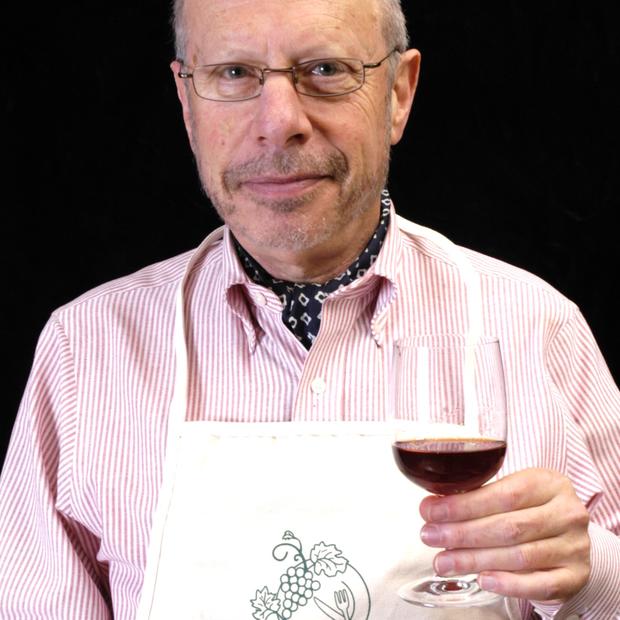Branding food commodities: there's more to it than just providing a moniker. Ideally, the name should define the category. Chiquita means bananas, Kleenex means tissues, Xerox means "to copy." Gucci and Gallo are instantly recognizable brands, and although you may not realize it, so are Camembert, Chianti, and Copper River, else they'd just be cheese, wine, and fish. Put a geographic label on the generic and you get something more valuable than a commodity, you get something specific — hence more valuable. Europeans have known this for generations, with AOC designations in France and DOP, DOC, and DOCG labels in Italy, for example.
Our Puget Sound locavore movement is beginning to catch on. Take, for example, a 95-foot tuna boat owned by Joe Malley and his family, the FV St. Jude. Just one boat, but it's got its own website, tunatuna.com (what a great name!), a year-round presence at Seattle farmers markets, and a terrific story for these times: a low-mercury, sustainable troll fishery, both fresh and canned.
One early adopter of St. Jude tuna was Seth Caswell when he was the chef at Stumbling Goat Bistro (he's since launched his own place, emmer&rye atop Queen Anne, and is former president of the Seattle Chefs Collaborative). At a Harvest for the Holidays dinner in Duvall last year for supporters of 21 Acres (an educational farming center in Woodinville), Caswell made a point of using locally sourced products, including St. Jude tuna loin, cheese from Estrella Family Creamery in Montesano, and lamb from 90 Farms in Arlington.
Estrella's made a name for itself, with some 20 cheeses produced from animals grazed on their own pastures. To be resolved: a dispute with the FDA over its raw milk cheeses, described back in November by Crosscut's Judy Lightfoot.
Not quite there yet, but certainly up-and-coming is Linda Neunzig, proprietor of 90 Farms (Neunzig means 90 in German). She raises amazing lamb and was a finalist in last year's Womens Chefs & Restaurateurs awards. What she could still use, it seems to me, is someone to update and optimize her website.
Many restaurants will tell you, as well, that they feature sustainable food from small farms, but Le Gourmand, Bruce Naftaly's groundbreaking restaurant on the Ballard slope of Phinney Ridge, gopes a step further by publishing a roster of over a dozen purveyors ("Approvisionnement") at the bottom of its menu.
In fact, "getting the word out" is a multi-faceted process. For generations of farmers, marketing was exactly that: fill the pickup truck with stuff you grew and picked yourself, and haul it to a local market. There's great satisfaction in actually meeting your customers, be they Ballard bohemians or Capitol Hill chefs. But there's an even better way to stay in touch, and that's using technolgy to go beyond brick-and-mortar, crate-and-awning markets: Up-to-date marketing requires a website, a Facebook page, a Twitter account, and an email marketing program.
Fortunately, we're seeing a rise in public and private organizations helping family farmers, while Caswell and his alliance of chefs are getting together on the demand side. Local farmers markets abound in urban centers, and culinary tourism is also on the rise. One by one, farmers with superior products, a bit of vision, and a dose of technology are beginning to take the next step: dressing their commodities in the shiny threads of a brand name.

